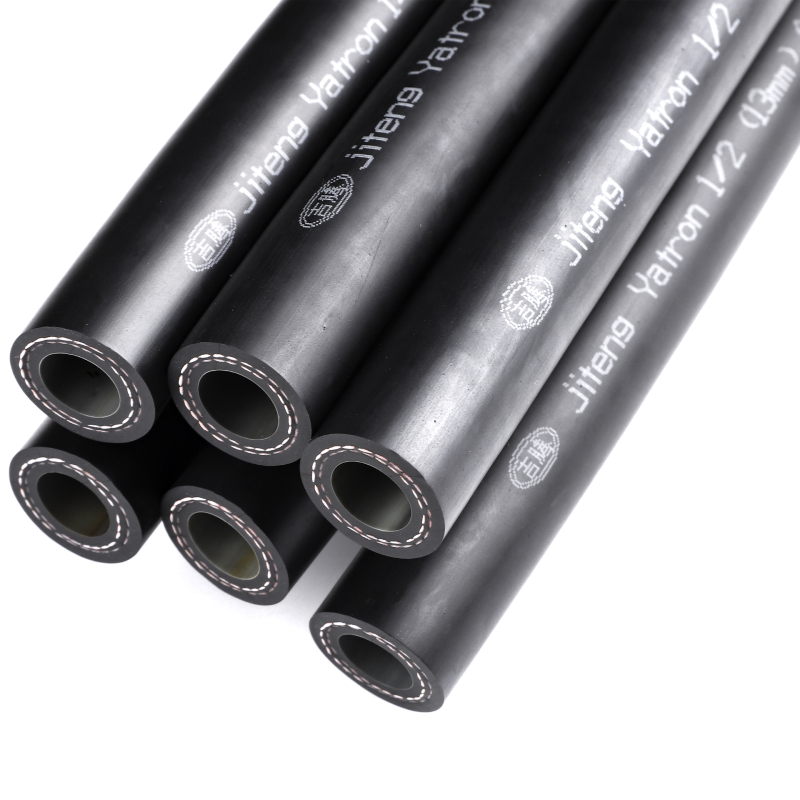Understanding Hydraulic Brake Lines and Their Importance in Vehicle Performance
Oct . 08, 2024 11:15 Back to list
Understanding Hydraulic Brake Lines and Their Importance in Vehicle Performance
Understanding Hydraulic Brake Lines Essential Components of Vehicle Safety
Hydraulic brake lines play a crucial role in the overall functionality and safety of a vehicle’s braking system. These lines are critical components that transport brake fluid from the master cylinder to the brake calipers or wheel cylinders, enabling the driver to slow down or stop the vehicle effectively.
The hydraulic braking system operates on the principle of Pascal's Law, which states that when pressure is applied to a confined fluid, the pressure change is transmitted equally in all directions. This ability to transfer force efficiently makes hydraulic systems superior to mechanical brake systems, particularly in modern vehicles.
Hydraulic brake lines are typically made from high-quality materials such as rubber or reinforced steel. Rubber lines are more commonly used for their flexibility and resilience, allowing for easy routing around complex vehicle chassis designs. However, steel-braided lines are preferred in performance applications due to their durability and lower expansion under pressure, which can improve braking performance.
hydraulic brake line

The integrity of hydraulic brake lines is vital for maintaining a safe braking system. Over time, lines can develop leaks due to wear, corrosion, or physical damage. A compromised brake line can lead to brake fluid leakage, reducing hydraulic pressure and compromising braking effectiveness. This can be particularly dangerous, as it may result in complete brake failure. Therefore, regular inspection and maintenance of brake lines are essential to ensure they are in good condition.
In addition to physical inspections, drivers should also be aware of signs that may indicate issues with their hydraulic brake lines
. A spongy brake pedal feel, warning lights on the dashboard, or visible fluid leaks around the wheels should prompt immediate attention from a qualified mechanic. Early detection of potential problems can prevent costly repairs and enhance overall vehicle safety.When it comes to replacing hydraulic brake lines, it's essential to use high-quality parts that meet or exceed OEM (Original Equipment Manufacturer) specifications. Professional installation is also recommended, as improper fitting can lead to leaks and subsequent braking issues.
In conclusion, hydraulic brake lines are vital for vehicle safety and performance. Understanding their function and maintenance needs can significantly enhance driving safety. By being proactive and attentive to the condition of this crucial component, drivers can ensure their vehicles are equipped to handle the demands of the road, providing peace of mind and security every time they hit the brakes.
